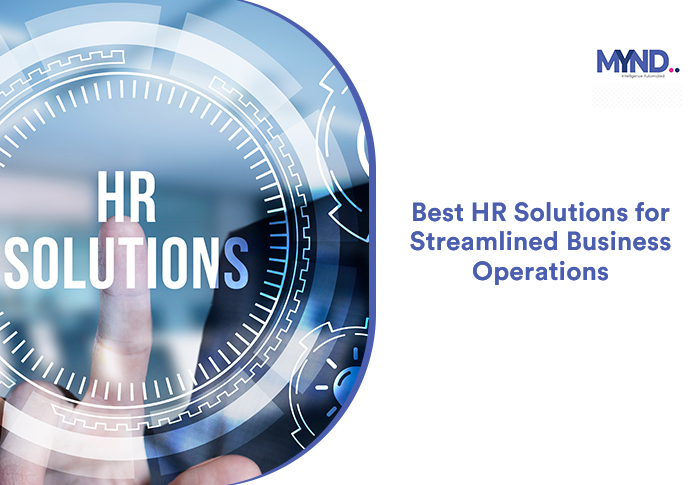Payroll Statutory Compliance: Common Mistakes and How to Avoid Them
 |
| Payroll Statutory Compliance: Common Mistakes and How to Avoid Them |
Payroll
statutory compliance
is essential in India since it is required by law, and non-compliance carries
harsh penalties. By standing
up for workers' rights and ensuring social security and fair wages, we can
foster trust and reduce conflicts. When businesses stick to legal and ethical
standards, they not only protect the company's reputation but also steer clear
of costly fines and legal issues, ensuring smooth business operations.
Violating
payroll laws can result in significant penalties, legal challenges, damage to
reputation, disruptions in the company, and unhappy employees.
All
of this can be prevented if businesses know about common mistakes associated
with payroll statutory
compliances and ways to avoid them.
· Employee Misclassification
This is a
significant compliance challenge that many businesses encounter. It's essential
to grasp the difference between independent contractors and employees, as this
distinction can lead to serious consequences for labor law compliance, benefits
eligibility, and tax withholding.
· Calculation of Tax and Withholding
Errors
Keeping up
with outdated tax tables and miscalculations can be a real headache, especially
when it comes to compliance and audits. It's crucial to stay informed about tax
regulations that affect every part of your business. The good news? Digital
solutions are here to help! They can automatically update and calculate tax
tables for you, which really cuts down on those risks.
· Deficiencies in Record Keeping
Poor
payroll record keeping is one of the most common compliance issues. It’s
important to keep thorough records of all payments, deductions, and tax
withholdings for the required time frame.
· Mistakes in Overtime Calculation
Getting
overtime calculations wrong can lead to compliance issues, especially when
dealing with complex schedules or varying pay rates. To adhere to labour laws,
it is important to accurately calculate overtime hours and payments, ensuring all
things meticulously documented. Automated systems can help keep comprehensive
records and ensure precise overtime calculations.
· Deduction Errors
A
compliance risk arises from mishandling employee benefits and deductions,
including voluntary contributions and tax withholdings. To prevent errors, it
is important to have thorough documentation and conduct regular audits of the
deduction processes.
·
Late or Inaccurate Payments
Getting payments right and on time is super important for
keeping payroll compliant and ensuring good vibes with employees. If payments
are delayed or incorrect, it can lead to breaking labor laws. Luckily, you can
avoid these headaches by using automated payroll systems that come with
scheduling, validation features, and dependable processes.
·
Multi-Jurisdiction Compliance Obstacles
For businesses that operate in various regions, dealing
with the different local laws regarding pay, overtime, leave, and other employment
issues can be quite tricky. Staying updated on these diverse requirements is
key to ensuring compliance.
·
Inadequate Documentation
Audits often show that poor documentation can lead to
compliance issues. It’s crucial to keep thorough records of all payroll
activities and to generate necessary reports on time. Digital solutions can
really help automate the creation and storage of these vital documents..
· Gaps
in Knowledge and Training
When payroll staff don’t receive adequate training, it can result in
compliance issues. It’s crucial for organizations to keep their payroll teams
up-to-date on regulations and best practices. By providing regular training and
ensuring access to the latest compliance information, companies can avoid
problems related to knowledge gaps.
· Data Security
Ensuring
that only the right people can access sensitive employee information is
essential for payroll compliance today. This means we need strong security
measures and tight access controls in our digital solutions.
· Management of Leave and Absence
One
of the more challenging aspects of compliance is tracking different types of
leave while adhering to legal requirements. Automated systems can help make
sure that all documentation is accurate and that leave is handled according to
the law.
· Processing Compliance that is Year-End
To
avoid any fines and ensure everything is accurate, it’s really important to
focus on preparing various tax forms and hitting those reporting deadlines as
the year wraps up. Digital platforms can be a great help in keeping everything
compliant while making these processes smoother.
· Compliance Considerations at
International Level
For
businesses that operate on a global scale, staying informed about local
regulations is essential, as payroll, tax, and benefits laws can vary
significantly from one country to another.
So
here are the common mistakes of payroll statutory
compliance in India. As per the above information,
businesses have also learnt how to avoid these mistakes.
But
these solutions can take lots of time and money from businesses. To deal with
this, businesses need to hire outsourcing partners that offer compliance
management services.
Mynd
Integrated Solutions is one such company that offers these services. It is a
trusted partner that leverages its deep understanding and proven experience to
not only ensure flawless regulatory compliance for even the most complex global
organisations across various regions but also to help clients better manage
their financial risks and achieve cost efficiencies in the process. Its end
to end active compliance software is also designed to make the task
of statutory compliance simpler for its clients.
Conclusion
Businesses have learnt how to steer clear of these typical payroll statutory compliance errors in India. But putting these solutions into practice can be expensive and time-consuming. Businesses can team up with outsourcing firms that specialize in compliance management services to tackle this issue. Mynd Integrated Solutions stands out as a trustworthy partner, boasting a wealth of experience that ensures top-notch regulatory compliance for complex international companies spread across various locations. At the same time, they help improve cost-effectiveness and manage financial risks. For their clients, the comprehensive active compliance software they offer simplifies statutory compliance even further.



Comments
Post a Comment